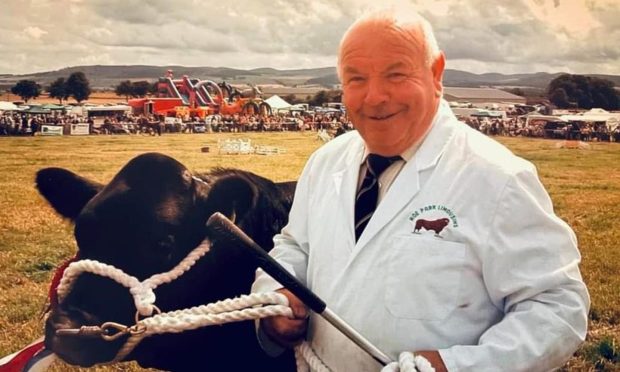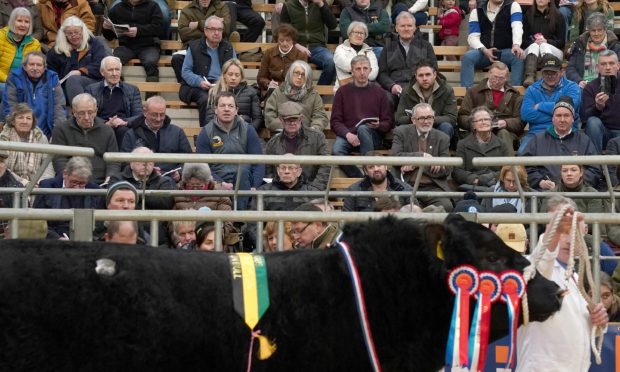Farmers looking to gain a little more stability from the arable marketplace should explore closer, more localised buyers for their produce.
That was the message from senior SAC business consultant Julian Bell
during his address to delegates at SRUC and AHDB’s joint Agronomy 2017
(Scotland) forum, staged at Perth Racecourse, on January 12.
Mr Bell had been tasked with providing a market overview, while highlighting targeted markets, during an event billed to inspire, innovate and integrate new approaches to arable farming.
In the face of market uncertainty, caused in part by weakness of the pound and the UK’s vote to leave Europe last year, stronger links forged on a more local basis could help businesses right across Scottish agriculture and its related industries, he claimed.
“Following four near-record world harvests the world grain market is depressed. There’s no getting away from that,” said Mr Bell.
“But what is positive is that world food demand has grown so strongly and the stocks-to-use ratio has stabilised.
“We are no worse off than where we were a year ago.”
Looking forward, he said although the current exchange rate has boosted UK wheat prices, any prediction over the future value of the pound would be “wild speculation” at best.
“Farmers should certainly not build too much of a business case based on sterling remaining weak,” Mr Bell said.
In the meantime, he said Brexit presents a great opportunity for producers to get closer to a more localised buyer.
“Certainly whilst there is such a huge potential for change, domestic demand presents a far safer marketplace,” said Mr Bell.
“UK farmers, suppliers and processors are all in the same boat – they share the same currency, can trade tariff-free and can all help each other out.”
Exploring potential future markets to sell produce to buyers further afield could, in future, bring tariffs back into play, he advised.
Those looking for good trade potential, however, could look to target the emerging world market in protein.
Here, the £150 million market is
dominated by soyameal, but could easily expand to include rapemeal – a high value co-product of the oilseed rape plant following oil extraction, which is also in high demand from the livestock feed industry.
“It’s a strong, resilient marketplace that UK producers could certainly benefit from tapping into moving forwards,” Mr Bell added.










